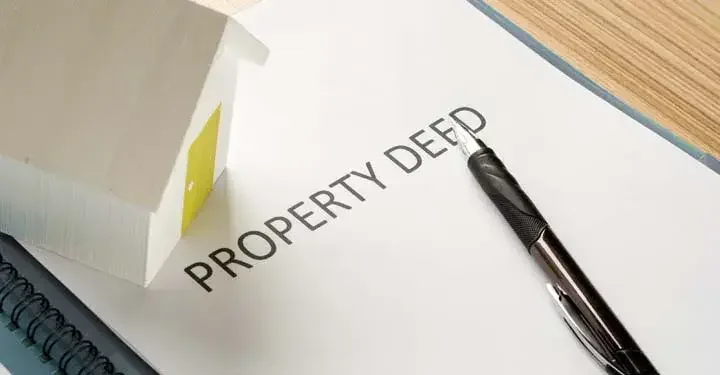Although also useful in certain business and employment situations, a deed of release is most often used in affairs related to property and real estate. The most common situation is when transferring property from one owner to another. In such cases, a deed of release acts as a binding legal document that removes any previous claim on an asset, thereby allowing the buyer to purchase the property free and clear of encumbrances.

Deed of release of mortgage
A deed of release is often used when there is a mortgage on a property being transferred. Through a deed of release of mortgage, also called a release of deed of trust, the lender agrees to remove the deed of trust, which is the document containing all of the mortgage's terms and conditions that is filed at the beginning of the mortgage process. The deed of release then places the property's title in trust until the mortgage is paid off. At the end of the process, the deed of release removes the lien on the property.
Once the release of deed form is filed and accepted with the appropriate government office, which varies by jurisdiction, it is free and clear of the mortgage. The new owner then has no further financial obligations to the lender.
Release of deed restrictions
Sometimes called “restrictive covenants," deed restrictions are written into the language of the deed to limit what an owner can do with the property. Such restrictions are a matter of local public record as well as private agreement.
Common deed restrictions, particularly if the agreement is with a homeowners association, include maintaining quiet hours during certain times, acceptable hours for putting out your garbage, and the types of items you may keep on your front lawn, such as work trucks, political signs, and certain types of animals.
To obtain a release of restrictions in a deed, you usually start by identifying the parties who have a right to enforce the deed restrictions, which may include neighbors whose property touches yours. After obtaining a signed release from everyone who has the right to enforce the restrictions, you must then file the document with the local office that handles deed registry and land records, which varies by jurisdiction, as do requirements regarding the notarization of such agreements.
Note that if you are unable to obtain a release, your next course of action to have your property freed of deed restrictions is filing a lawsuit against the other party or parties to the contract.
Other deeds of release
In general legal terms, a release is an agreement between two parties to settle legal actions or claims, whether current or in the future. A deed of release, waiver, and quitclaim are all terms that refer to this type of legal document, through which one or both parties agree to give up certain rights or claims.
As discussed above, deeds of release are commonly used in real estate, but signing a deed of release may also arise in other situations, such as in business and employment contexts. For instance, an ex-employee might sign a waiver and quitclaim for any future legal claims related to their time of employment.
Transferring property, particularly when deeds of release are involved, can get quite complex and confusing. Getting advice from experienced professionals, such as those of an online service provider, can help make sure you aren't making any mistakes that could cost you later.

